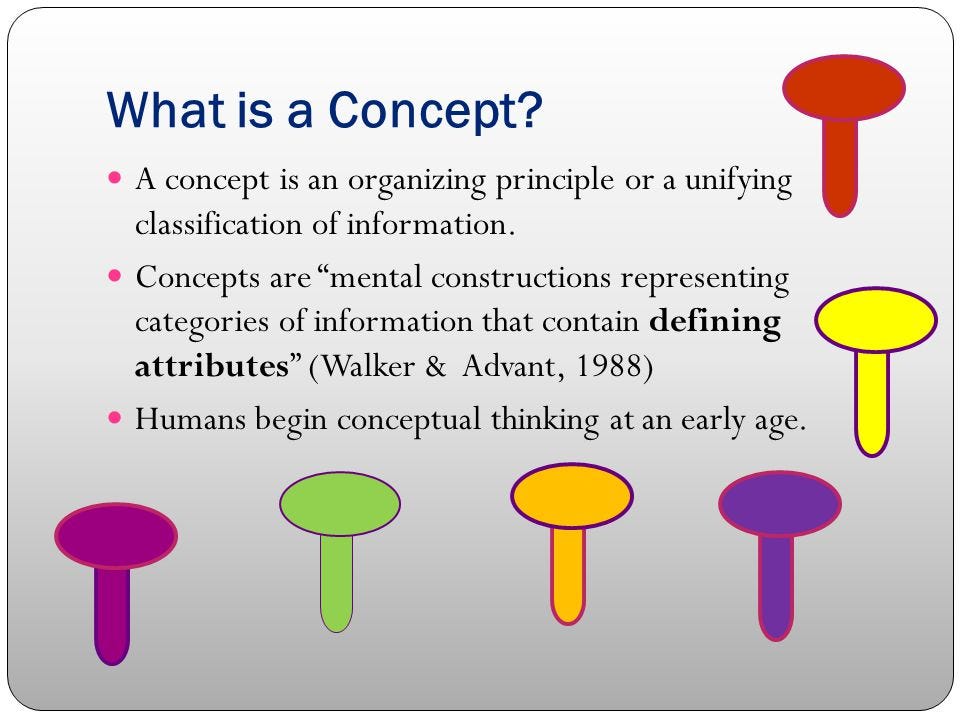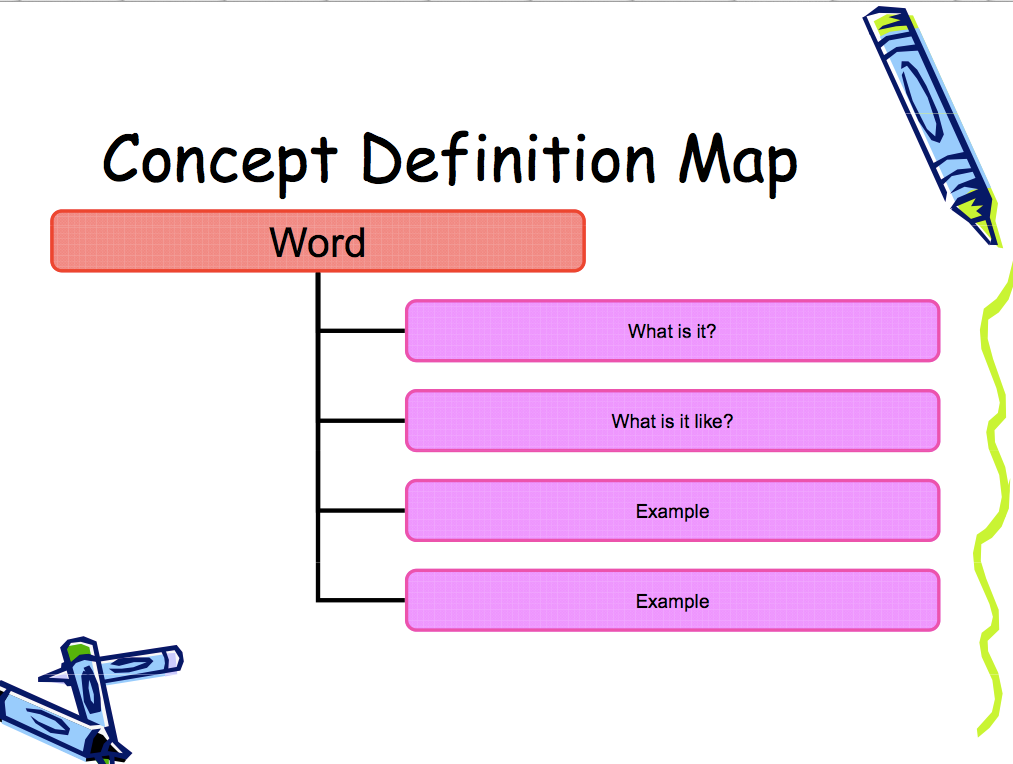Understanding Pronunciation

Pronunciation is the way we speak words, the sounds we make when we communicate. It is a complex process involving the coordination of various parts of our vocal tract, from the lungs to the lips. Understanding pronunciation is essential for effective communication, enabling us to be understood by others and to comprehend what they are saying.
The Role of Phonetics
Phonetics is the scientific study of speech sounds, providing a framework for understanding pronunciation. It examines the production, transmission, and perception of speech sounds, analyzing the physical characteristics of sounds and their acoustic properties. Phonetics helps us understand how sounds are produced, how they differ from one another, and how they are perceived by listeners.
- Phonetics classifies speech sounds based on their articulatory features, such as the position of the tongue, lips, and other vocal organs. This allows us to analyze and describe the sounds of different languages and dialects.
- Phonetic transcription systems, such as the International Phonetic Alphabet (IPA), provide a standardized way to represent speech sounds, regardless of the language or dialect.
- Phonetics helps us understand the acoustic properties of speech sounds, such as their frequency, intensity, and duration, which are crucial for speech recognition and perception.
Pronunciation Variations, Pronounced definition
Pronunciation varies significantly across languages and dialects. Different languages have different sound systems, with some sounds existing in one language but not in another. For example, the sound represented by the IPA symbol /θ/ (as in “thin”) exists in English but not in Spanish.
- Dialects within a language also exhibit variations in pronunciation, often reflecting regional or social differences. For instance, the pronunciation of the word “cot” can vary between dialects, with some speakers using a vowel sound similar to “caught” and others using a vowel sound similar to “cot”.
- Pronunciation variations can also occur due to factors such as age, gender, and social status. For example, younger speakers may use different pronunciations than older speakers, or speakers from different social groups may use different pronunciations to distinguish themselves.
Impact of Pronunciation on Communication
Pronunciation plays a crucial role in effective communication. Accurate pronunciation is essential for being understood by others, while mispronunciation can lead to misunderstandings or even complete failure to communicate.
- In spoken language, pronunciation is the primary means of conveying meaning. When we speak, we use sounds to represent words, and the correct pronunciation of these sounds is crucial for understanding the intended message.
- Mispronunciation can lead to ambiguity, as different pronunciations can represent different words or meanings. For example, the words “bear” and “bare” have distinct meanings but are often pronounced similarly.
- In some cases, mispronunciation can be so severe that it hinders communication altogether. This can be particularly problematic in situations where clear communication is essential, such as in professional settings or when learning a new language.
Pronunciation in Different Contexts: Pronounced Definition

The way we pronounce words can vary depending on the context in which we are speaking. Formal settings, such as a business meeting or a presentation, often call for a more careful and precise pronunciation, while informal settings, such as a casual conversation with friends, allow for a more relaxed and colloquial approach. Additionally, regional accents can significantly influence pronunciation, leading to variations in how words are spoken across different geographic locations.
Formal and Informal Pronunciation
The difference between formal and informal pronunciation can be seen in the way we use certain words. In formal settings, we might pronounce words like “going to” as “gonna” or “want to” as “wanna,” while in formal settings, we would use the full pronunciation. This difference is often a matter of emphasis and clarity. Formal settings require a higher level of clarity and precision, while informal settings allow for more relaxed and conversational language.
Regional Accents
Regional accents are a fascinating aspect of language, as they reflect the unique history and cultural influences of different regions. For example, the “r” sound in words like “car” or “bird” is pronounced differently in various regions. In some regions, the “r” is pronounced with a strong, rolling sound, while in others, it is pronounced with a softer, almost silent sound. Regional accents can also affect the pronunciation of vowels, leading to variations in how words like “about,” “house,” or “bath” are spoken.
Pronunciation Variations Across Accents
The following table showcases the pronunciation of common words with different accents:
| Word | Standard American English | Southern American English | British English | Australian English |
|---|---|---|---|---|
| About | əˈbaʊt | əˈbaʊt | əˈbaʊt | əˈbaʊt |
| House | haʊs | haʊs | haʊs | haʊs |
| Bath | bæθ | bæθ | bɑːθ | bɑːθ |
| Car | kɑːr | kɑːr | kɑː | kɑː |
| Bird | bɜːrd | bɜːrd | bɜːd | bɜːd |
It is important to note that these are just a few examples, and there are many other regional accents and variations in pronunciation. The way we speak is a reflection of our cultural background and identity, and it is a fascinating aspect of language.
The Importance of Pronunciation

Pronunciation is the foundation of effective communication, a bridge connecting thoughts and ideas with the world. It’s not just about speaking correctly; it’s about speaking clearly, confidently, and in a way that resonates with your audience. Clear pronunciation enhances credibility and professionalism, while mispronunciation can lead to misunderstandings and even hurt feelings.
The Impact of Clear Pronunciation
Clear pronunciation fosters a sense of trust and professionalism. When someone speaks clearly, their words are easily understood, making them appear more confident and knowledgeable. In professional settings, this can lead to better communication, stronger relationships, and a more positive impression.
“The way you speak is as important as what you say.” – Unknown
The Consequences of Mispronunciation
Mispronunciation can create confusion and misunderstandings, hindering effective communication. In formal settings, it can undermine credibility and professionalism, potentially damaging your reputation. In casual settings, mispronunciation can lead to embarrassment and awkwardness.
- Misunderstanding: A simple mispronunciation can change the meaning of a word or phrase entirely, leading to confusion and misinterpretation. For example, mispronouncing “affect” for “effect” can lead to confusion about the intended meaning.
- Lost Opportunities: In professional settings, mispronunciation can lead to missed opportunities, as it can make you appear less competent and trustworthy. This can be particularly important in job interviews or networking events.
- Negative Perception: Mispronunciation can create a negative perception of your intelligence and education level. It can also make you appear unprofessional and unprepared.
Pronunciation in Public Speaking and Presentations
Clear pronunciation is crucial in public speaking and presentations. It ensures that your message is delivered effectively, engaging your audience and leaving a lasting impression. Effective pronunciation can make the difference between a memorable presentation and one that is quickly forgotten.
- Audience Engagement: Clear pronunciation helps engage your audience by making your words easy to understand and follow. It also helps to create a sense of confidence and authority, making your presentation more persuasive.
- Professionalism: Proper pronunciation demonstrates professionalism and respect for your audience. It shows that you have taken the time to prepare and that you value clear communication.
- Clarity and Impact: Clear pronunciation enhances the clarity and impact of your message, ensuring that your audience understands and remembers your key points. It also helps to create a sense of rhythm and flow, making your presentation more engaging.
A pronounced definition is like a spotlight, highlighting a word’s precise meaning. It’s similar to the way a sobriquet definition unveils the essence of a nickname, capturing its unique character and personality. Both pronouncements and sobriquets, in their own way, bring clarity and understanding to the words and names we use.
A pronounced definition is a clear and distinct statement, leaving no room for ambiguity. It’s like a crisp outline, shaping the contours of an idea. Sometimes, though, a pronounced definition can feel limiting, especially when we consider the broader context of “designation meaning,” which explores the nuanced labels we use to define ourselves and others.
By understanding the multifaceted nature of designation, we can appreciate the complexity of a pronounced definition, recognizing its power to both clarify and constrain.